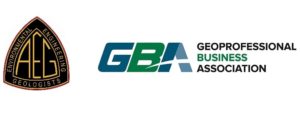Testing Water…and Ethics
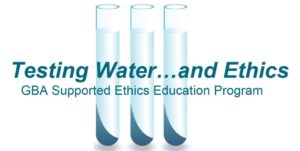
Testing Water…and Ethics, A GBA Supported Ethics Education Program:
Testing Water…and Ethics depicts a realistic ethical problem in engineering within an organizational setting. Porter/Rodman Engineering Co. has been retained to drill water test wells on a property that will be sold for development. State regulations require three wells to be drilled near a leaking gasoline storage tank and their results reported. The owner of the property has asked for two additional wells whose results do not have to be reported. All test results are under state limits, but the two additional wells show a significantly higher level of contamination. One engineer, Jim Duffy, believes that the company has a professional ethical obligation to report the results from the two additional wells, and the video addresses the complete set of ethical and business issues this raises. The resolution of the problem is not obvious and must be reached through analysis, judgment, and negotiation. Near the end of the story viewers are invited to discuss four alternative solutions Porter/Rodman is considering. An epilogue shows an acceptable solution and how it was reached.
Testing Water…and Ethics was created to:
- foster awareness of ethical problems in engineering,
- increase sensitivity to the complexity and ambiguity of ethical problems in engineering, and
- model the successful handling of ethical problems in engineering.
This 28‑minute production instantly engages technical professionals of all ages, prompting lively discussion of issues that involve telling the truth, protecting the public, employee loyalty, and professionalism.

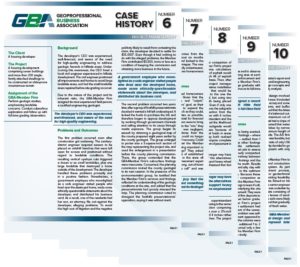



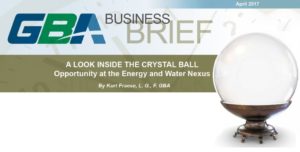

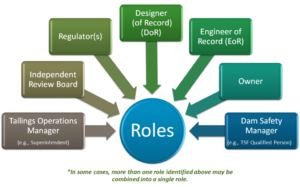 Tailings Engineer of Record Workshop a Big Success
Tailings Engineer of Record Workshop a Big Success

